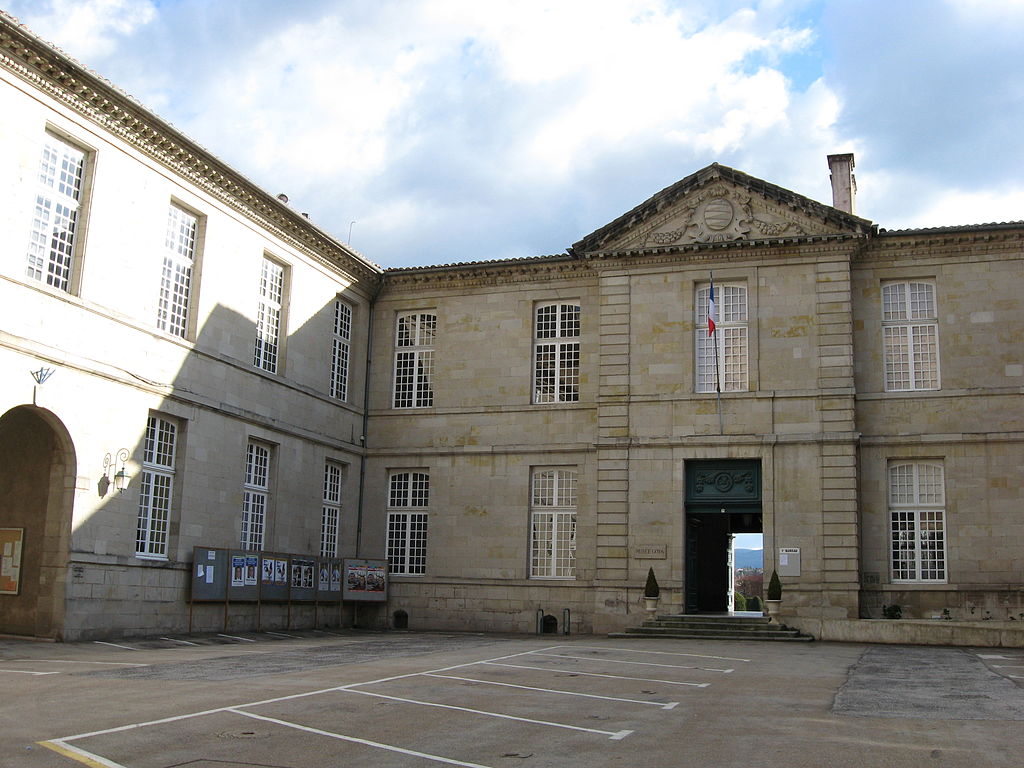So....about three years ago maybe four, I decided to try and read this monster. I failed, more than once. But now I'm back and more focused. I've even got a schedule going. And considering how I started off posting annotations I thought I should see it through.
If you're planning on reading this book for yourself I would suggest not reading any further if you don't want the book to be spoiled.
Start from the Beginning
Tilbury - A light, open, two-wheeled carriage, sometimes with a top, sometimes without. It was developed in the 19th century by the Tilbury company in London. They were coachbuilders. The vehicle was considered fast, light, sporty and dangerous.
Gig - Also called a chair or chaise, it's a light, two-wheeled cart pulled by one horse. Travelling at night they would usually carry two oil lamps known as gig lamps. Traditionally it's more formal than a village cart or a meadowbrook cart. A light gig can be used for carriage racing.
"To journey is to be born and die each minute."
"All the elements of life are in constant flight from us, with darkness and clarity intermingled, the vision and the eclipse."

Palais du Justice - Among the oldest surviving buildings of the former royal palace. The justice of the state has been dispensed here since medieval times. It was also the seat of Parliament from the 16th century to the French Revolution. It was reconstructed between 1857-1868.
Bishop's Palace - Built in 1675 it was built by Mansart, the same man who was an architect for Versailles. It now houses the Goya Museum and holds the largest collection of Spanish paintings in France.
Obsequiously - Characterized by or showing servile compalisance or defence; fawning; obedient; dutifulpontiff
Pontiff - A bishop; any high or chief priest; the Pope aka the Bishop of Rome
Florid - Very fancy or too fancy; having a red or reddish colour
Theramene - The tutor of Hippolyte from the play "Phedre"

Jean-Baptiste Racine - (1639-1699) A French dramatist and one of the three great playwrights of 17th century France. The other two being Moliere and Corneille. Racine mostly wrote tragedies and he was accomplished at writing in alexandrine verse. His plays are very sparse and there is little action on stage.
Phedre - A French dramatic tragedy in five acts, written in alexandrine verse by Jean Racine. It was first performed in 1677. The story was pulled from Greek mythology and the play didn't do well in its initial opening. This is because a rival group staged a play with practically the same story. Racine stopped writing plays after this work until commissioned by the king.
Peroration - To conclude a speech with a formal recapitulation; to speak at great length, often in a grandiloquent manner; declaim
Wheelwright - A person who builds or repairs wooden wheels. These tradesmen made wheels for carts and wagons.
Enfant-Rouges - An orphanage where the children were dressed in red, the colour of charity.
Mardi Gras - Part of Carnival celebrations. It begins on or after the Christian feast of the Epiphany and culminates right before Ash Wednesday. It translate directly to "Fat Tuesday" and reflects the practice of the last night of eating rich, fatty food before fasting for Lent.


No comments:
Post a Comment